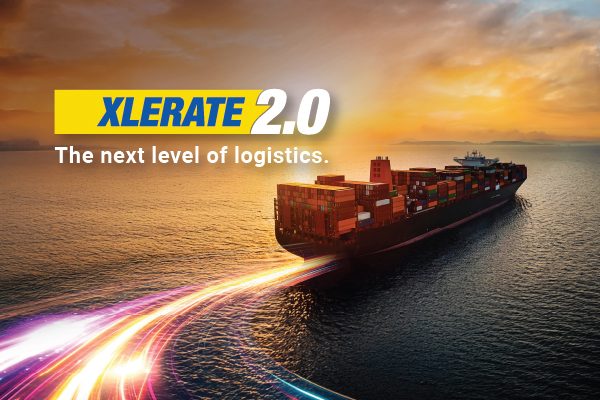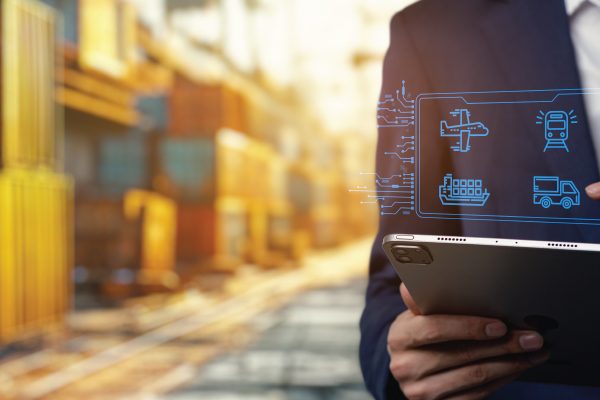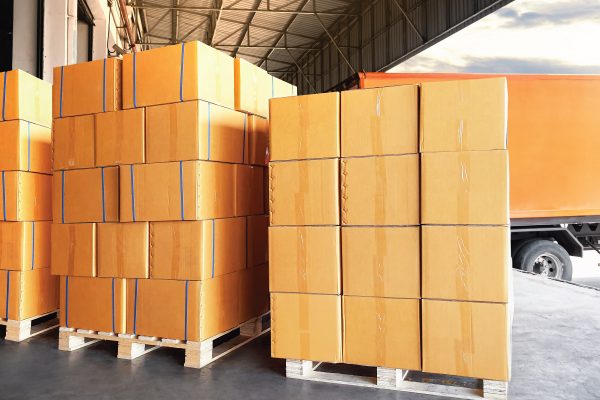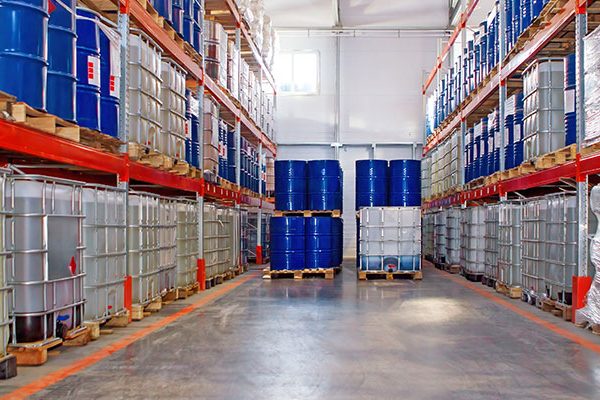Technological disruptions, changing governmental policies, and improvement in the infrastructural facilities in India have paved the way for the development of a sophisticated and consolidated logistics industry in the country. In an exclusive interview, Adarsh Hegde, Joint Managing Director, Allcargo Logistics Ltd, shares his views and perceptions on the gradually evolving logistics sector in India and the Company’s vision of contributing to the same.
The previous government brought in the National Logistics Policy drafted by The Department of Commerce’s Logistics division. With the same government being elected for the second term (5 years), what progress can the logistics industry expect from the government?
NDA 1.0 has been beneficial to the logistics industry in several ways. I am confident that the growth agenda will continue in the second tenure. National Logistics Policy will be a landmark step to integrate several ministries which currently deal in rail, roads, shipping, and aviation. It will bring in greater focus and a unified approach. With a slew of infra projects like Dedicated Freight Corridors (DFC) in the pipeline, we need a mechanism to optimise logistics cost and ensure efficiency. I am certainly expecting the government to expedite the process.
A part of the new draft proposes the introduction of an e-marketplace. Will it benefit the Indian logistics industry, and if yes then how?
Amongst the many issues that have plagued Indian logistics, is lack of transparency. This has led to an increase in the overall logistics cost. A centralised e-marketplace will be a one-stop marketplace for the simplification of documents. Processes involving customs, compliance and regulations will be digitised, bringing in more transparency and speed. This will reduce logistics cost and boost competitiveness.
Goods and Services Tax (GST) has been painted as an ominous reform for the industry. Is that the case in reality?
GST and the e-way bill have helped formalise the sector. In a country like India, any such major rollout is bound to cause a time lapse in implementation. There will be some resistance and delay here and there. Any new thing is bound to be received with some criticism. But we have moved on. One needs to accept it. One needs to look at the bigger picture. Because of GST octroi nakas have been wiped out. Earlier one would face huge snarls and blockages. GST has reduced the time taken to transport goods and cargo. Vehicle and equipment utilisation has gone up. Logistics cost is coming down. To what extent is the benefit being transferred to the end customer remains to be seen but that will also happen gradually. It will boost investment in India and benefit the logistics sector in India. It improves the ease of doing business. It changes the perception of people that India is not an easy place to do business.
Do you think that the government’s policy in devising a cost-effective method to transport goods by 2035 will work?
Proposals under the drafted National Logistics Policy are an outcome of this goal set by the government. Besides this, the government is developing several infrastructure projects. There is a rise in government capex. This is a clear indication of boosting investments. That said, I feel 2035 is still a long haul. I would like to see developments happening 5 years or 10 years down the line.
The Indian logistics industry is expected to create maximum employment by 2022. Currently, estimated to provide employment to 22 million in the country, how do you see new job opportunities opening up in the industry?
The logistics market is set to grow to USD 220 billion by 2022. As the economy grows, there will be movement of goods both within the country as well as in EXIM. The country is going to need a robust logistics infrastructure and a talented and skilled workforce to run it. As businesses grow, there will be a need for skilled and talented individuals. At various levels, whether it is supply chain or warehousing, I can see opportunities opening up. Currently, there is a huge shortage of the required skills. In fact, we have tied up the JNPT and CIDCO to run a Skill Development Centre under Pradhan Mantri Kaushal Kendra program. The aim is to train the youth of nearby areas in critical logistics and maritime-related skills. These guys will gradually join the sector.
As a business leader, what is your vision for India?
I want India to be ranked amongst the best countries to do business and live in. We have come a long way, despite the hiccups. We have to go longer. This government has rolled out programs like Clean India and Skill India to enhance the imagery of the country and empower the citizens. These steps will help us grow as a country. As an organisation also we have been supporting both these initiatives through our in-house campaigns called Allcargo Greens and ECU Greens. It takes one person to drive and then others soon follow. Now the need is to sustain all these efforts for the next few years to see positive results. As a citizen of India, I would want clean air, clean water, and a clean country.
How important has technology become for the current logistics landscape in India?
Technology has dramatically transformed the logistics industry in the way it interfaces with customers. Customers are digitally connected and dialed in. They want answers, they want them now, and they don’t want to wait. In our line of business, the tech will continue to increase productivity as well as the bottom line. You will work more efficiently with fewer manual intervention/demands, and improve the customer experience by being more efficient. And you will be able to provide information virtually on demand to the customers. We at Allcargo have already moved in that direction and will continue to keep upgrading. In the end, it is always the customer’s satisfaction.
What is your definition of a tech-based company?
Often we confuse digitisation and technology. To me, these are two different aspects. Few things need to happen internally, e.g. – process orientation, reduction of time wastage, etc., which can be mitigated using digitisation. Externally, on the outside of Allcargo, it is all about technology, meaning creating a disruptive model using technology. Digitisation is about what more you can provide to both your people and customers. Technology is more about disruption and creating something new. That is why I say that Allcargo Logistics needs to be known as the tech-based logistics company.
What is your take on Allcargo taking its services to other parts of the Indian subcontinent?
We are open to providing services in other countries if there is an opportunity. Rather than going lock, stock and barrel, if we see a viable opportunity, only then we will expand our services. Every country has its own nuances.
You are a believer in customer-centricity. How do you want Allcargo to continue being a customer-centric company?
Any organisation should look at customer satisfaction as the ultimate goal. Whatever it takes to keep customers happy, one must do. Technology, as I mentioned before, is one of the things. But it does not stop here. Disruptions are happening by the day. Service, transparency, and honesty are very important differentiators for the customers. These factors are engraved in our systems and we remain committed.
Allcargo is venturing into logistics parks which is a new opportunity. Where do you see that in the entire scheme of things?
Logistics parks are being built to reduce the distance from the customer. However, this segment is still at a very nascent stage. There are two ways to look at logistics parks. One would be Inland Container Depot (ICDs) – which can also be converted to a logistics park. Although it is built on a smaller land base (40-50 acre). On the other hand, if you buy a 100-acre land, you can do multiple things within it. So, you could do both domestic cargo handling as well as EXIM within it. Both these ways are open for exploration in India. It is certainly the future.
Your vision for Allcargo. Where do you want Allcargo to be in the next 5 years?
We want to be amongst the top players. I want Allcargo to be seen as a tech-based logistics company. Today technology is changing the lives of everybody. If we don’t advance ourselves on the technology front, we will be eaten out. There is a fair amount of resistance when it comes to the digitisation of processes, both internally as well as by the customers. But this will change in times to come when the next-gen gradually joins forces. They are tech-savvy and they will be far more open to tech adoption. Cost of human intervention is going to be very high. A lot of global companies have digitised their processes to reduce manual intervention. The Indian customer is yet to evolve in that sense. India is a developing country and I think our customers will get there. We have no choice but to move towards it, whether it is 5 years down the line or 10. Whenever that happens, Allcargo will be around as a tech-based logistics company.















